Emergencies can strike at any time, and dental issues are no exception. In this post, we’ll explore the seven most common dental emergencies that individuals often encounter and provide valuable insights into how to prevent them.
7 Common Dental Emergencies
Dental emergencies can be painful and distressing, often requiring immediate attention from a dentist. Here are seven common dental emergencies:
Toothache
A toothache is perhaps the most common dental emergency. It can result from various causes, including tooth decay, gum disease, a cracked tooth, or an abscess.
The pain can be sharp, throbbing, or constant, and it can range from mild to excruciating. Over-the-counter pain relievers may provide temporary relief, but it’s crucial to seek professional dental care to diagnose and address the underlying issue.
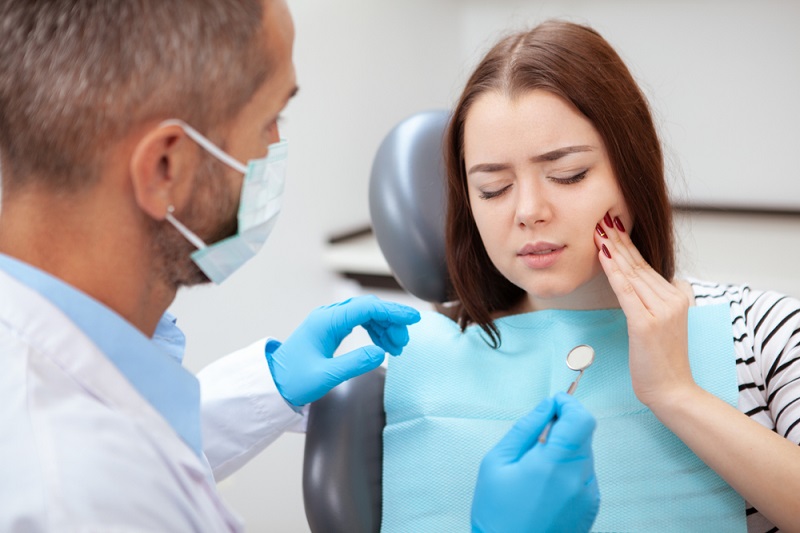
Loose or knocked-out teeth
Loose or knocked-out teeth represent a critical dental emergency. A loose tooth, often caused by trauma, gum disease, or teeth grinding, should prompt immediate dental attention to assess and address the underlying cause.
When a tooth is completely knocked out due to an accident or injury, swift action is paramount. If possible, gently reinsert the tooth into its socket and seek immediate dental care.
If reinsertion isn’t feasible, store the tooth in milk or saline solution and get to a dentist as soon as possible. Time is crucial in saving knocked-out teeth, and quick intervention offers the best chance of successful reattachment.
Whether dealing with a loose tooth or a knocked-out one, staying calm and seeking professional help promptly is essential to preserve your oral health and prevent complications.
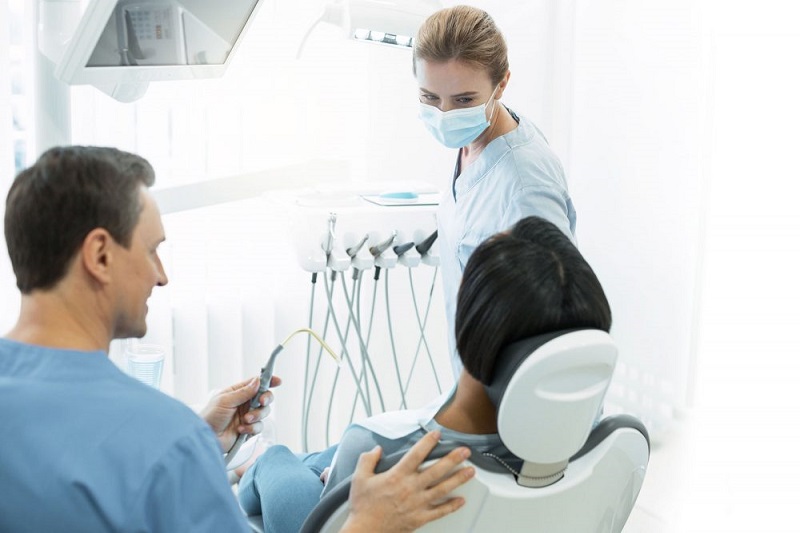
Tooth Abscess
A tooth abscess is a painful dental emergency characterized by an infection that forms at the tooth’s root or in gum tissue, causing intense, throbbing pain, facial swelling, fever, and difficulty in chewing or swallowing. This condition arises from untreated dental issues like cavities or gum disease.
Immediate dental attention is imperative, as an abscess left untreated can lead to severe complications, including the spread of infection throughout the body. Treatment typically involves draining the pus for immediate pain relief, followed by a root canal to save the tooth or extraction if the damage is extensive, often accompanied by antibiotics to control the infection.
Addressing a tooth abscess promptly is essential for pain relief and to prevent potentially severe health issues.
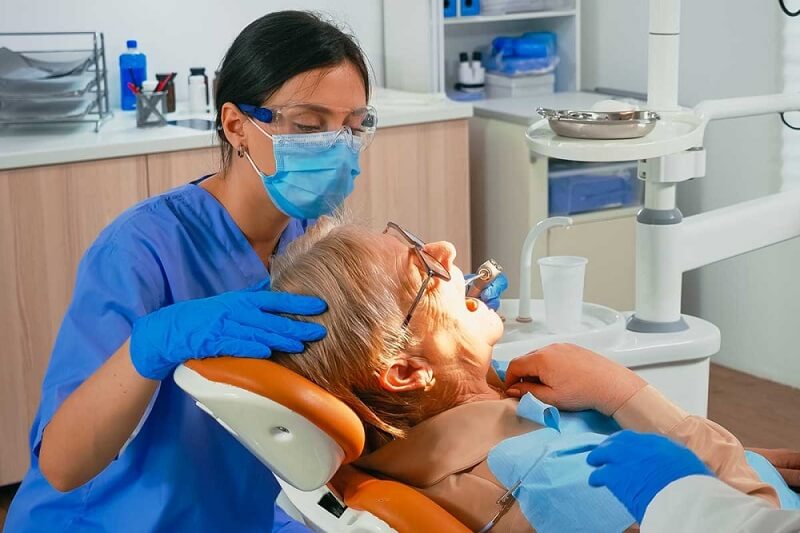
Chipped or broken teeth
Accidents or biting into hard objects can lead to chipped or fractured teeth. Depending on the severity and location of the fracture, it can cause pain and sensitivity. Dentists can repair minor chips with bonding, but more severe fractures may require dental crowns or root canal treatment.
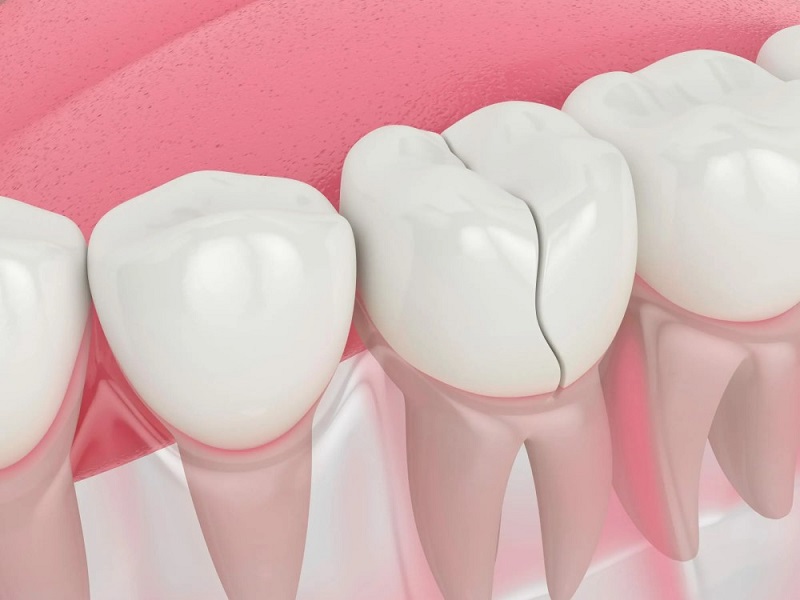
Lost filling or crown
Losing a dental filling or crown can expose the underlying tooth structure, causing sensitivity and discomfort. While it may not be as urgent as some other dental emergencies, it’s still important to see a dentist promptly to prevent further damage or infection.

Bleeding and pain after a tooth extraction
Experiencing bleeding and pain after a tooth extraction is common and usually part of the healing process. Initially, some bleeding is normal and can be controlled by biting down on a gauze pad placed over the extraction site. Pain and discomfort are also expected, and your dentist will typically prescribe pain medication or recommend over-the-counter pain relievers. However, if bleeding is excessive or persists beyond a day or if the pain intensifies rather than subsides, it’s essential to contact your dentist promptly, as it could indicate a complication like dry socket or an infection that requires further attention and treatment.
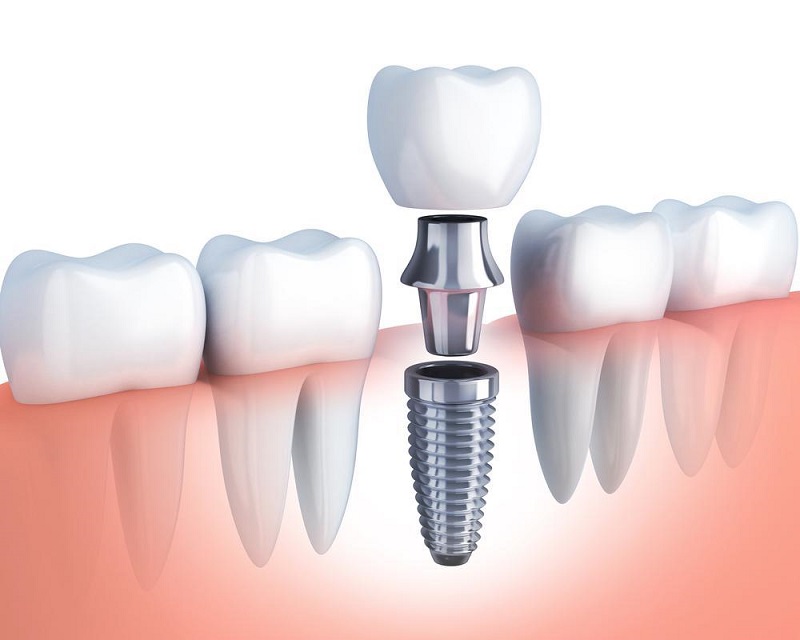
Broken Orthodontic Appliances
Patients with braces or other orthodontic appliances may encounter emergencies such as broken wires, loose brackets, or discomfort from adjustments. Orthodontic emergencies can cause pain and discomfort, and it’s essential to contact your orthodontist for guidance on how to address the issue.

How To Prevent A Dental Emergency?
Preventing dental emergencies involves maintaining good oral hygiene practices and adopting safety measures to minimize the risk of accidents or injuries. Here are some key steps to help prevent dental emergencies:
- Regular Dental Check-ups: Schedule regular check-ups with your dentist for professional cleanings and to address any potential issues before they become emergencies.
- Oral Hygiene: Brush your teeth at least twice a day and floss daily to prevent cavities and gum disease.
- Dietary Habits: Limit sugary foods and acidic beverages to reduce the risk of tooth decay. A balanced diet rich in calcium and vitamins is essential for overall oral health.
- Avoid Harmful Habits: Refrain from habits like nail biting, using teeth as tools, or chewing on hard objects, which can lead to tooth fractures.
- Properly Maintain Orthodontic Appliances: If you have braces or other orthodontic appliances, follow your orthodontist’s instructions for maintenance and care to prevent emergencies like broken wires or brackets.
- Avoid Tobacco and Excessive Alcohol: Both tobacco and excessive alcohol consumption can lead to oral health problems, including gum disease and oral cancer. Avoiding these substances can reduce your risk.
- Know How to React: Educate yourself on how to react in case of a dental emergency. Quick and appropriate action can make a significant difference in the outcome.
- Regularly Inspect and Clean Dental Appliances: If you wear dentures or other dental appliances, ensure they are clean and properly maintained to prevent discomfort and complications.
- Stay Hydrated: Drink plenty of water to maintain oral health and prevent dry mouth, which can increase the risk of dental issues.
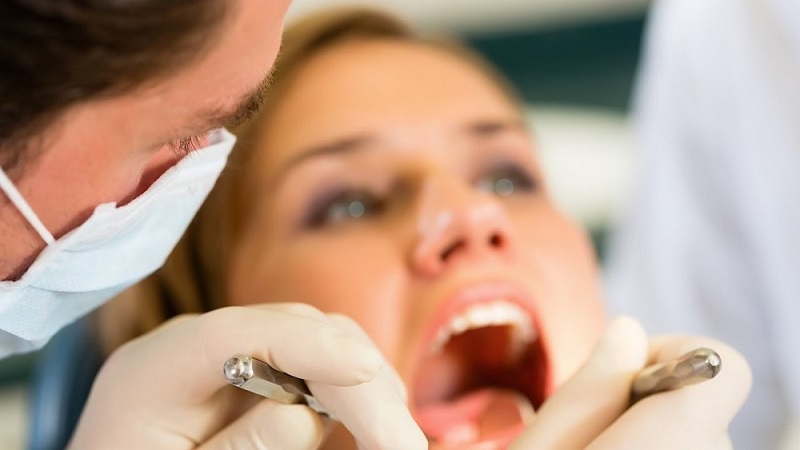
In conclusion, preventing dental emergencies is not only possible but also essential for maintaining optimal oral health and overall well-being. Regular dental check-ups and prompt action in case of an emergency further enhance your ability to safeguard your smile.
If you need any help, please call our helpline at 028 3920 9969 or 096 779 7799. In case you reside in Vietnam, Platinum Dental will be helpful to assist you in selecting the best smile therapy. Can’t wait to work with you!
- Location: 127 Nguyen Cu Trinh Street, District 1, Ho Chi Minh City
- Time: 8:00 – 20:00 (Monday – Saturday)
- Number: 028 3920 9969 – 096 779 7799


